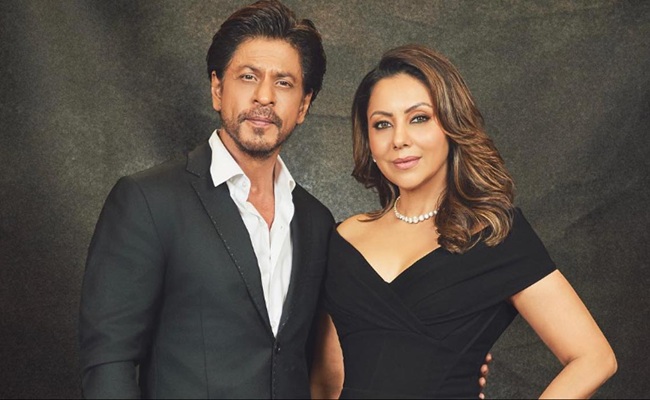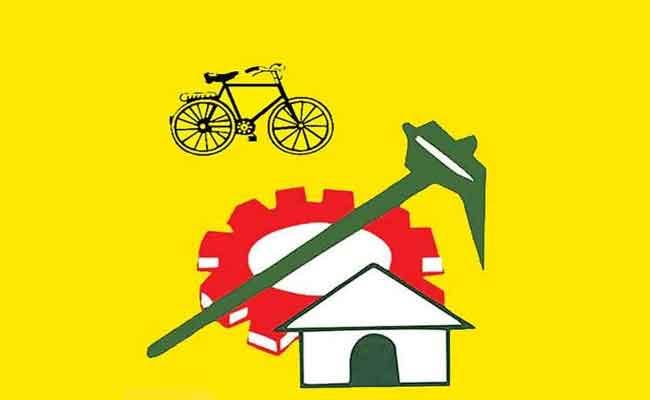
New Delhi: For the ruling BJP, the general election of 2019 jump-starts now. This is where the BJP takes the knife to the prison yard fight, for in 2014, it won 161 of the 240 seats on view.
As middle and north India goes to the polls over the next four phases, the BJP's resolve gets emboldened further for it knows that to retain power, it has to convert these seats into victories.
In 2014, even as the BJP won 161 seats, Trinamool Congress won 30 and the Congress won nine while the rest were shared by the splinter parties.
Imagine the BJP's total tally of 282, the final four phases contributed the steroid bulked 161 seats. However, in a straight fight in many constituencies, the Congress came second in 96 while the BSP came number 2 in 20, SP in 18, RJD in 17 and CPI(M) in 22. But, there is every possibility that 2019 will witness a change for while the BJP will try and carve a larger share of seats for itself, the Congress, RJD, BSP and SP too will try and make inroads into BJP territories.
Modi, in many ways a human metronome, has been assiduously assuming the role of a hegemon in Indian polity, his cult is the only one that matters, larger than life as he strides forward like a Colossus. Since 2014, barring the reverses in Bihar and Delhi till the recent losses in the three states of Rajasthan, Madhya Pradesh and Chhattisgarh, he has taken the BJP to the absolute zenith of unparalleled power. Modi's personal equity has not suffered despite Notebandi and Gabbar Singh Tax or widespread rural distress as his opponent Rahul Gandhi assails him publicly from pit stop to pit stop.
In many ways, the BJP has assumed the role of a dominant political force under his stewardship, one that is reminiscent of Mrs Gandhi's Congress in the early 1970s.
Closer scrutiny of the 2014 election data will reveal that the BJP's seats came from eight states in north-central India which accounted for 75 per cent of its parliamentary tally. With the Hindu vote consolidating behind Modi after years of minorityism and appeasement, the BJP and its allies won 104 out of 120 seats in the populous Hindi heartland states of Bihar and Uttar Pradesh. Normally, the states are seen as fragmented, multi-party states unlike Gujarat, Madhya Pradesh, or Rajasthan, which feature bipolar competition between the Congress and the BJP.
In both Bihar and Uttar Pradesh, powerful regional chieftains always go toe-to-toe with the Big Two. Modi's landslide broke that political calculus and rewrote a new power algo.
Further, the BJP ramped up its presence in India's northeastern states - consisting of Arunachal Pradesh, Assam, Manipur, Meghalaya, Mizoram, Nagaland, Sikkim, and Tripura - where it has traditionally had a modest presence. In 2014, the BJP earned an average vote share of 28 per cent in these states, notching eight seats (out of 25 on offer). Compared to the previous election in 2009, the BJP doubled both its vote and seat shares.
Two decades ago, the Congress earned 40 per cent of the vote and held 13 seats in this region; in 2014, its share had dwindled to 30 per cent and eight seats (virtually identical to the BJP's position). In the coming days, Modi's Hindu 'asmita' of chauvinism factor will be a vote catcher, for this newly acquired machismo with a strong undertone of Hindu nationalism and poplulist development can be the differentiator. Under Modi's power play a distinct systemic partisan tilt has been seen with the Hindu vote aggregating behind him breaking the caste faultlines that normally exist in Indian politics. So, while the BJP is expected to fall short of a simple majority on its own, it will have to engage with regional bosses to construct a new right wing coalition, one that will have to be more accommodating of their aspirations and ambitions.
The break down on the next four phases is as follows:
Phase 4 - 71 seats - BJP 45, Trinamool 6, Congress 2, LJP 2
Phase 5 - 51 seats - BJP 39, Trinamool 7, Cong 2
Phase 6 - 59 seats - BJP 44, Trinamool 8, Cong 2
Phase 7 - 59 seats - BJP 33, Cong 3, SAD 4, Trinamool 9
If one revisits the jousts of 2014 when the Modi tidal wave crushed all adversaries, there were several close contests too. Let us start with Bihar and Nalanda where Kaushlendra Kumar of JD(U) vanquished LJP's Satyanand Sharma by a small margin of 9,627 votes, in Hoshiarpur SC seat BJP's Vijay Sampla defeated Congress's Mohinder Singh Kaypee by 13,582 votes.
Incidentally, Sampla has not been given a ticket again. Similarly, from Anandpur Sahib SAD's Prem Singh Chandumajra defeated Congress heavy hitter Ambika Soni by only 23,697 votes. Again, staying with Punjab in Bathinda Harsimarat Kaur Badal beat Manpreet Singh Badal of the Congress by 19,395 votes. And AAP's Dharamvira Gandhi defeated sitting Union Minister Preneet Kaur by 20,942 votes in Patiala. Punjab saw another tight contest in Ferozpur where SAD's Sher Singh Ghubaya beat Sunil Jakhar of the Congress by 31,420. This time, the Congress is expected to do much better in Punjab and reverse the trendline of 2014 under CM Capt Amrinder Singh.
From Ghazipur, UP Manoj Sinha of the BJP defeated SP's Shivkanya Kushwaha by 32,452 votes. IN UP, as the needle moves towards the eastern part of UP - Purvanchal, the BJP is expected to do much better. From Punjab, Himachal Pradesh and Haryana in the north to Rajasthan in the west and Delhi in the centre and UP, Bihar, MP and Jharkhand in the middle of India, the BJP was galvanised under the inspired leadership of Narendra Modi to wreak havoc on the opposition.
In a multi-phased election of this magnitude, the ruling party always has an advantage, more so if it has a charismatic leader like Modi who can sustain his campaign by breathing life into every single phase. This is true of 2014, and though 2019 may see an erosion in the big number of 161 out of 240, the BJP is expected to seize the majority out of the 240.
In Bihar through an alliance and in UP it swept the states, ditto in Himachal, Delhi and Rajasthan where it blanked the opposition, Madhya Pradesh where it lost only two seats, Maharashtra where its coalition with Shiv Sena was incomparable. Even in traditional bastions of the Congress like Haryana and Assam, it managed to breach the defences. The final four phases are the BJP's to lose and while the Congress is expected to chip away at BJP in Rajasthan, Chhattisgarh, MP and Jharkhand, the BJP may well use its polarising campaign in Bengal and even Odisha to make startling gains.













